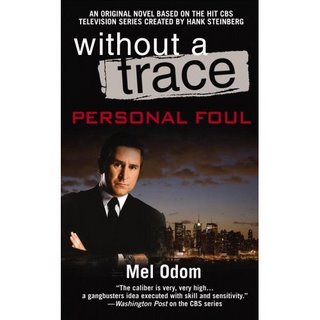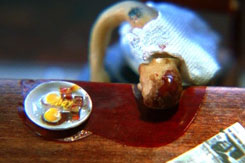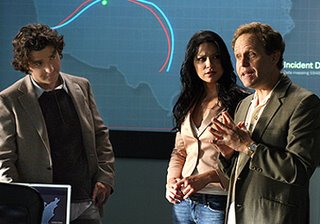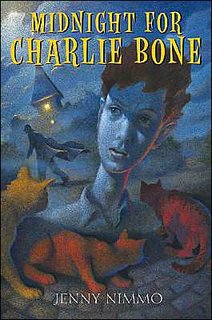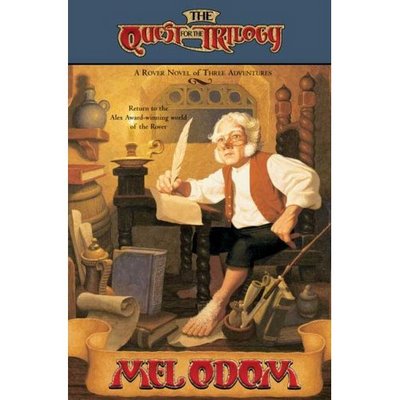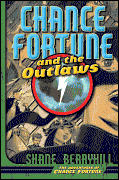 At AmazonDeath of Innocence
At AmazonDeath of InnocenceJohn Grisham's latest book has me confused. It's his first foray into nonfiction -- and it has to do with the 24-year old unsolved homicide of a girl I knew.
Debbie Carter, the murder victim, grew up in Ada, Oklahoma. I grew up in Francis, Oklahoma, only 12 miles outside of town. In the 1970s when I lived there, Ada had a population of around 13,000. That was because of East Central University.
Debbie was one of my sister-in-law's best friends. I'd gotten married at 19 and my wife and I sometimes had her kid sister over with Debbie. The girls were 15 at the time. I remember Debbie as alternately shy and boistrous. It depended on the situation. Looking back now, from the age of 48 instead of 19, I realize how young she truly was. And even how young she was when she was murdered at 21.
Debbie and Donna, my sister-in-law, taught me how to two-step at the Ken Lance Sports Arena just outside of Ada. They were fun and boy-crazy at the time. That much hasn't changed with teenage girls. They were 17, sneaking into the bar with sheer moxie. (Of course, all the teens did back then because Ada was a small town and you couldn't make any money by keeping people OUT of the bars.) Getting in just wasn't that big of a deal.
I'd moved to Oklahoma City in 1981. In 1982, two weeks before Debbie was murdered, my wife and I returned to Ada and hung out with Debbie, Donna, and my brother-in-law Bobby who was just back from the Air Force. We closed Ken Lance down, then went to the Waffle House for breakfast. We talked and laughed, and Bobby and Debbie got a little twitterpatted because they hadn't seen each other in a long time, and Debbie at 21 didn't look like his obnoxious sister's little friend any more.
That was the last time I saw Debbie. My mom called me to let me know Debbie had been killed. Raped, tortured, and murdered. At the time, those were only things that happened on television to people I didn't know.
It was a major turning point in my life. A wake-up call that nobody was guaranteed any length of time on this planet. A death of my innocence too in many ways.
Debbie's murder was also one of the reasons I was so overprotective with my children while they were growing up, and even while they're married and out of the home. I couldn't help myself. I still can't. I
knew bad things happened to innocents because something happened to Debbie. I still
know they happen.
I followed the investigation, even talked to OSBI Agent Mel Golden, who was one of the investigators who worked the case. Five years after the murder, investigators had to exhume Debbie's body to fingerprint her. It turned out the bloody palm prints on her wall they were trying to pin a suspect to were her own.
In this day and age, with all the CSI awareness going on, fingerprinting the victim would be a common thing. But it just goes to show how ill-prepared that community was for something so horrible to happen. We weren't prepared for a murder like that. Husbands killed wives or vice versa sometimes, but there was no mystery to it. Just a sadness and an acceptance and outrage if you knew (or were related to) the victim.
Ronnie Williamson (an ex-baseball player) and Dennis Fritz (a teacher) were tried and convicted for Debbie's murder. One of them was placed on death row. Eleven years later, they were released. It turns out the DNA evidence was corrupted by Dr. Joyce Gilcrist, whose handiwork overturned a lot of cases eventually.
Another suspect was arrested and another conviction was rendered. Now Glen Gore, the man who was last convicted of Debbie's murder, arranged another trial. In which he accused Ronnie Williamson of being the murderer.
Now, 24 years later, nobody except the murderer(s) and Debbie truly know what happened to her.
I don't read all of Grisham's work, but I read a lot of it. However, I'm wary of this book. All too often the victims are dragged through the mud more than the murderers. Debbie was 21 when she was killed. She was a kid in so many ways, especially growing up in that small town. At 21, she wasn't grown. She'd just moved into her own apartment and was the child of divorced parents back in the 1970s, which wasn't an everyday thing then as it is now.
She was an innocent, and I hope Grisham has portrayed her that way. That's the way I remember her.
